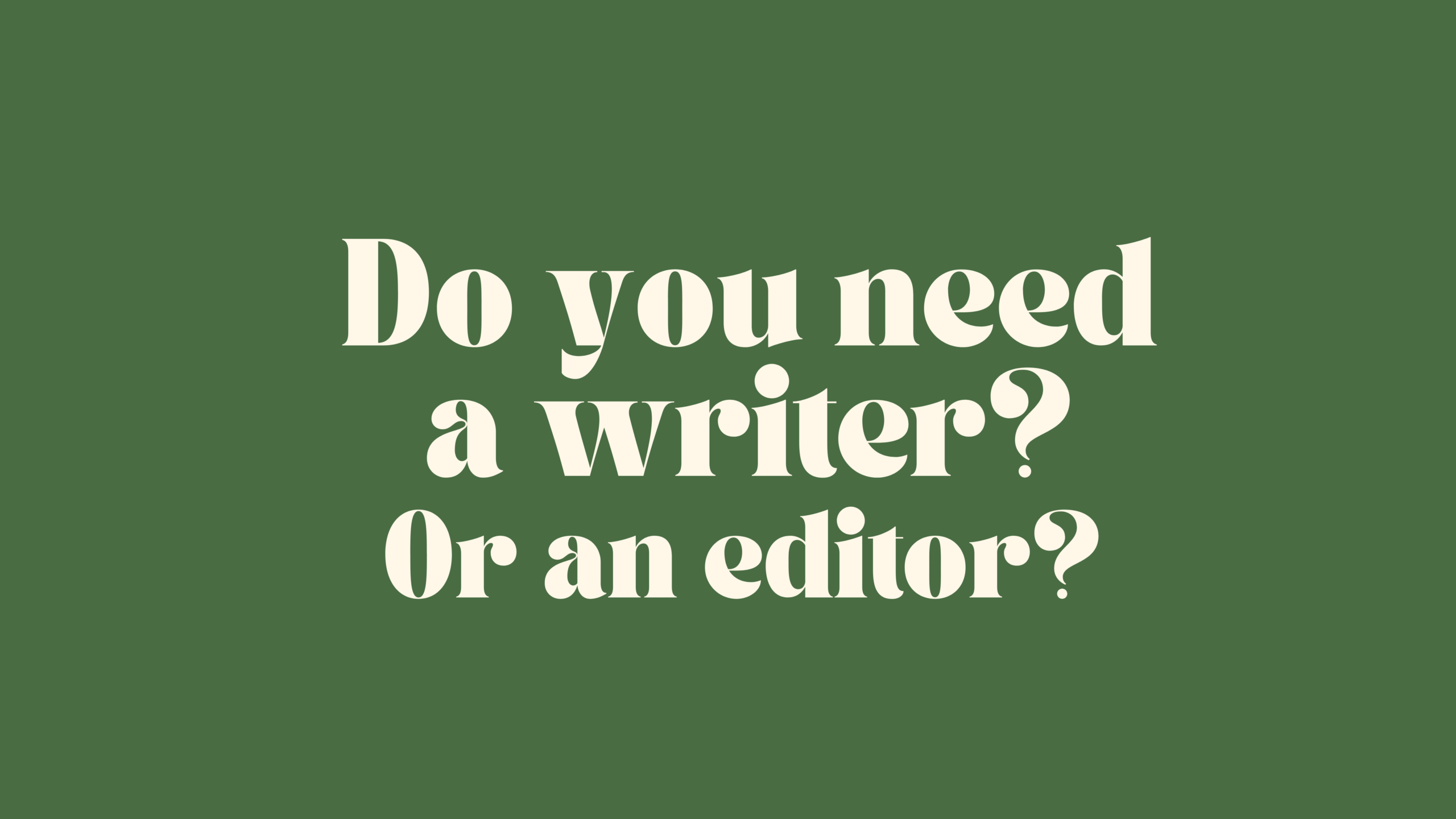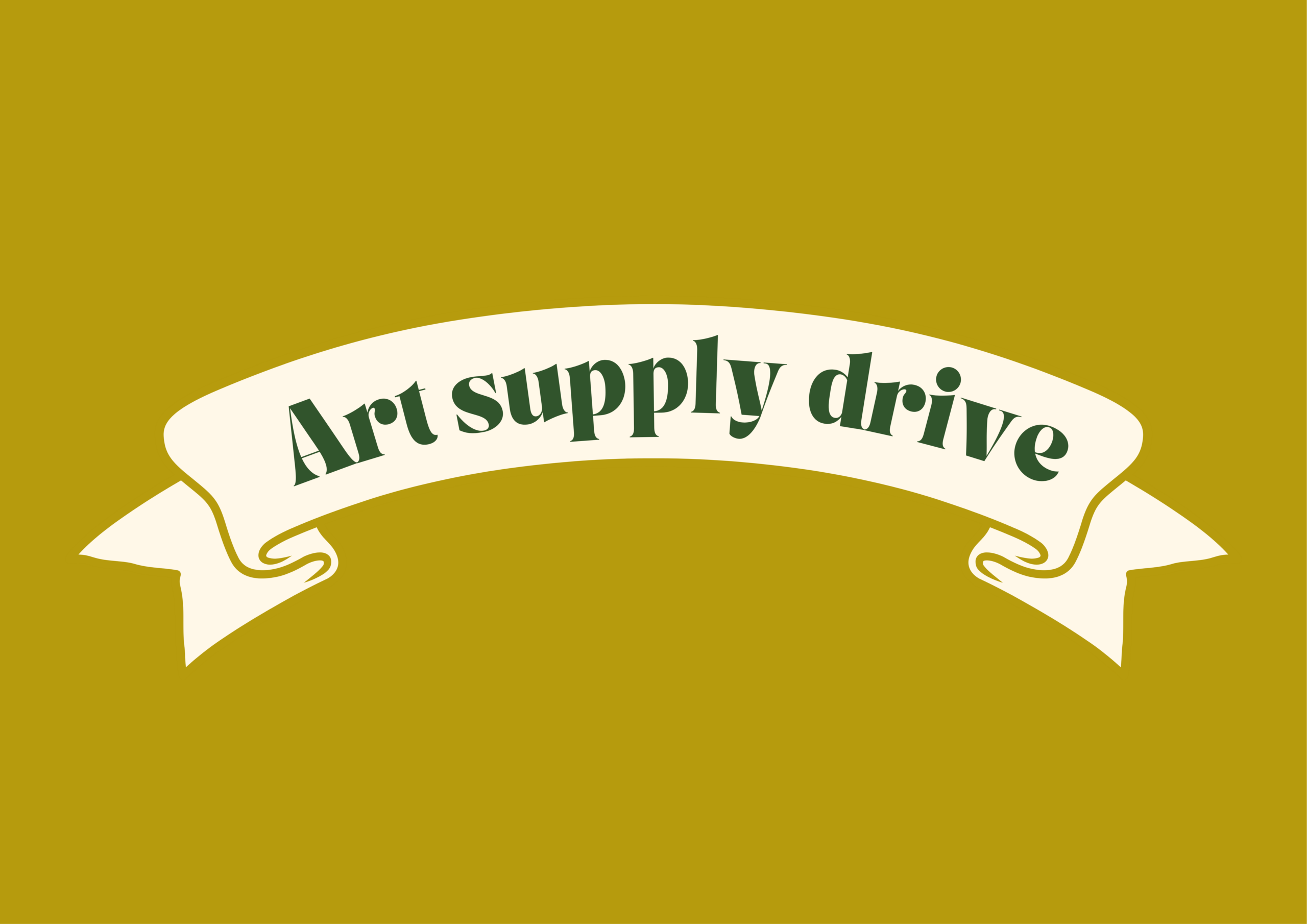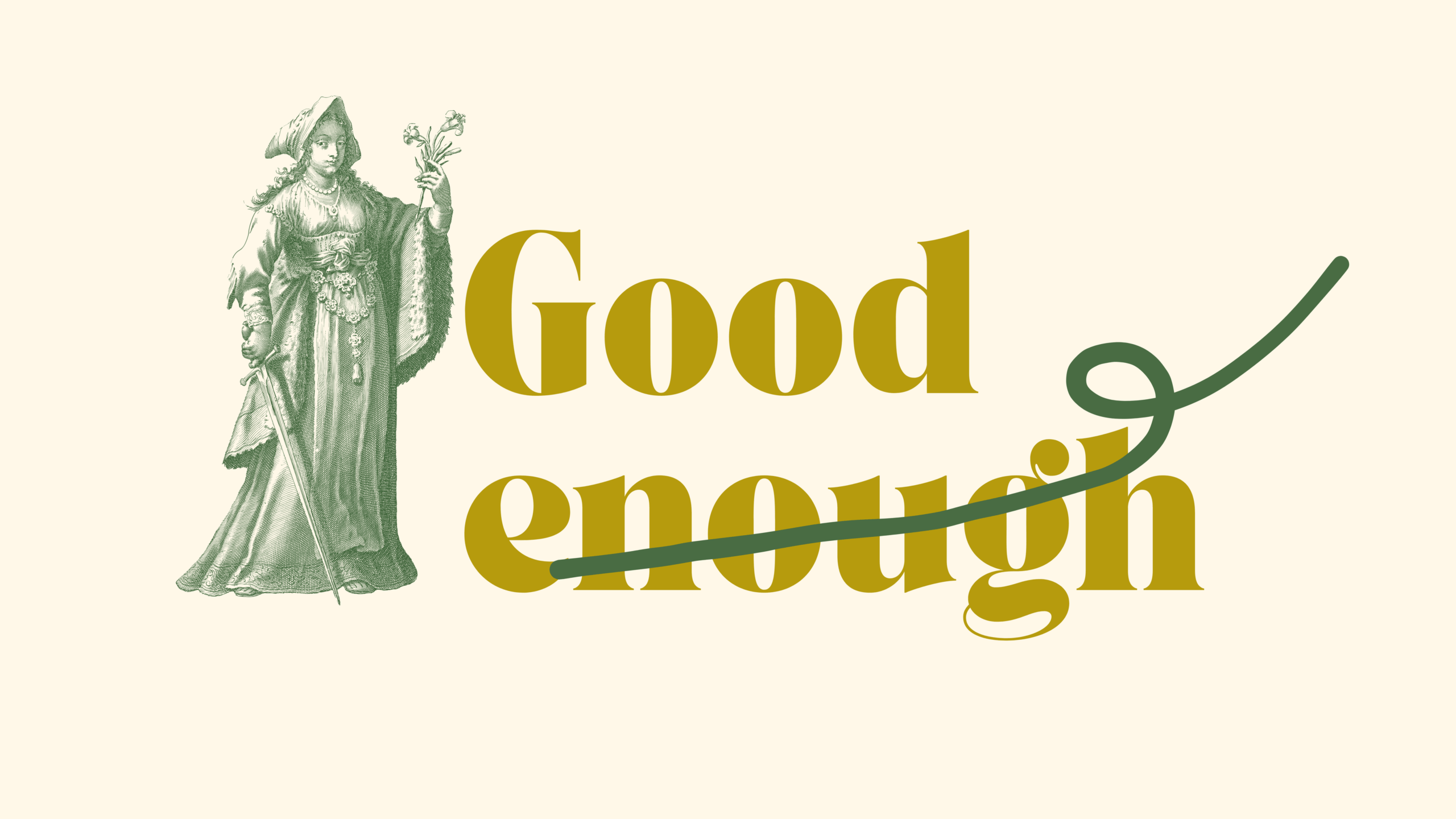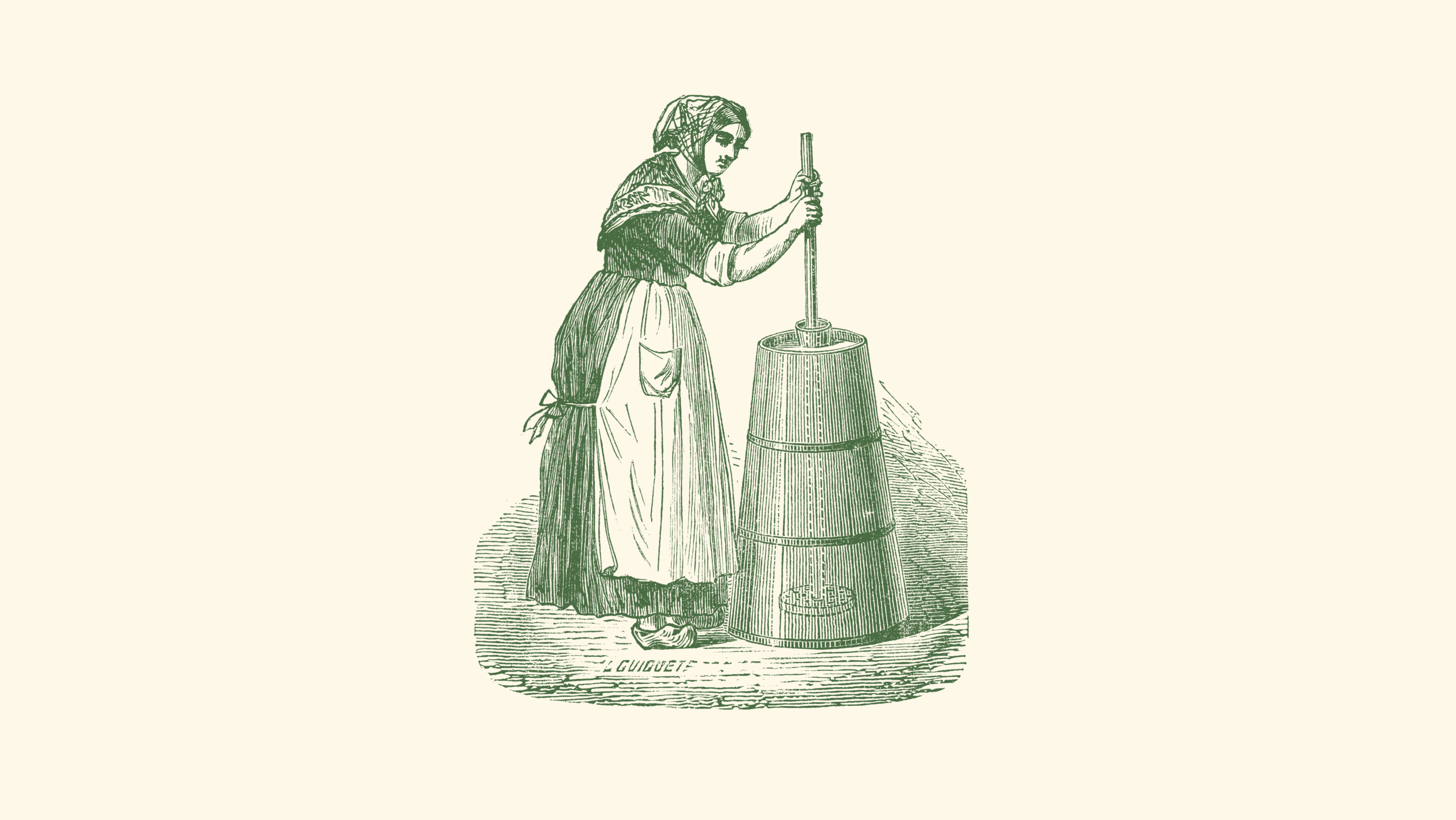In many instances of our professional lives, writing is an act of production—a skilled labor honed and crafted after years of managing complicated reports, case studies, emails, and polite requests for “circling back.”
Circle back no more!
Wait.
Slight edit.
Circle back a little less when you use a writer’s most underrated resource: editorial.
Editorial refinement is not about nitpicking grammar and punctuation to death. Editorial refinement is about mustering the courage to ask for help with refining your hard-at-work communications.
A good editor isn’t just an Oxford comma devotee. A good editor will help you determine strategic intent and if the ROI on a piece of content is really there.
It’s really good news, especially if you or your organization tends to write their own content. Editors won’t commandeer your writing, but they will completely improve the overall reading comprehension, accuracy, and overall trust.
Here’s what else an editor can do:
Increase the quality and substance of your communications
Improve your own writing and editorial skills
Reduce back and forth between executive leadership and other approvers
Save time and internal resources
Preserve sanity
Editing is a super important—and super fun—part of the writing process. So why do we keep skipping it?
Two culprits—time and resources—are actually just psychological barriers we’ve put up to protect our sense of value in the workplace. Let’s break ’em down.
Time – In most capitalist-driven workplaces, efficiency is either rewarded or expected. Whether it’s achieving record-breaking sales goals or sending complicated time-sensitive email sequences to multiple audiences, the more we produce at a faster rate, the better the outcomes.
Well, not always.
Writing against deadline is one thing, but planning the foundational content of your organization — the core stories of your people, your mission, what drives you, and how you want to make an impact — is a long game.
Resources – Even with the help of artificial intelligence, project management software, and other humans, writing takes a lot of resources. It’s not uncommon for big companies to have entire writing teams, but also require their other employees to do a bulk of content development.
To top it off, it’s not just physically writing, is it? There’s all the research, drafting, revisions, aligning with brand voice, and ensuring accuracy, all of which consume significant resources across multiple teams.
How an editor can fix your communications
One of the best decisions a leader can do is hire an editor to help them round out their communications messaging, ensure accuracy and fairness, and align them with mission and strategy.
Editors save time and resources by helping writers rock out complicated communications tasks with minimum disruption to the rest of their work lives.
Plus, editors like me love writing and editing so much that we probably believe in your writing more than you do.
How an editor can preserve your sanity
If a writer is like a home builder, then an editor is like an interior designer.
An editor will take your writing and move the pieces around. It doesn’t matter what kind of condition the house is in. An editor’s job, nay passion, is to maximize space, all while shifting, dusting, polishing, and fluffing up the furniture and artwork until the right flow has been achieved.
Reduce back and forth between executive leadership and other approvers
No other process in the modern business world causes more stress rashes than managing a batch of revisions on a piece of high-intent communications.
Whether it’s draft two or 22, an editor can support you revision after revision until you get it right. Even better? An editor will happily step in as an intermediary when you need to put a project to bed but the team can’t make up their minds.
In short, an editor is your biggest communications ally.
Improve your own writing and editorial skills
Editors will mark up your copy. It’s who we are and we cannot change.
Please know it’s for your own good.
Whether they approach you with clarifying factual information or your creative use of exclamation points, use your editor to get feedback on certain areas of your communications style. Over time, these conversations will help you understand writing better and gain an appreciation for the process of editorial refinement.
Good editors aren’t the creators. They are the shapers.
As an editor, I want you (the writer) to have all the attention.
All I’ve ever wanted out of life is to sit quietly at my desk, unbothered by the outside word so I can go inside to make sure you look good on the outside.
And the sooner you can let go of the constant need to be efficient at your writing while staying at the top of your game, the faster you can reclaim your power and circle back a little less next time.
ABOUTLonna Whiting is Garden’s founder and editor-in-chief. She has more than two decades of experience in content marketing, journalism, fundraising communications, and public relations. #ENDALZGET IN TOUCHlonna@gardencommunications.com




